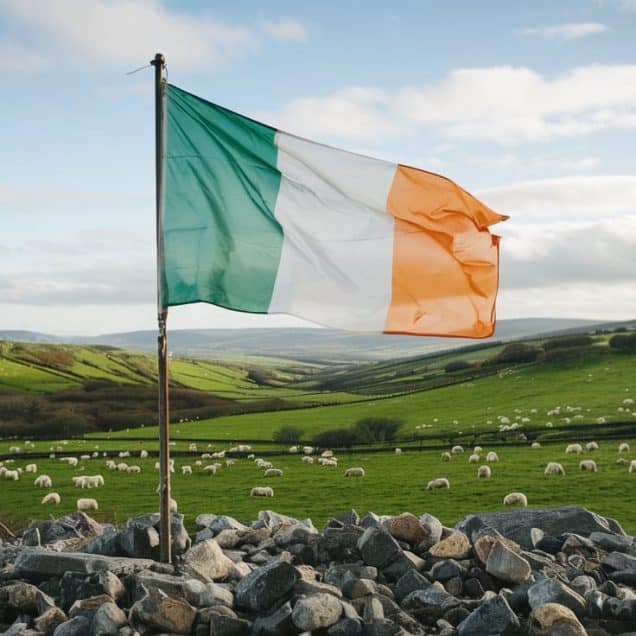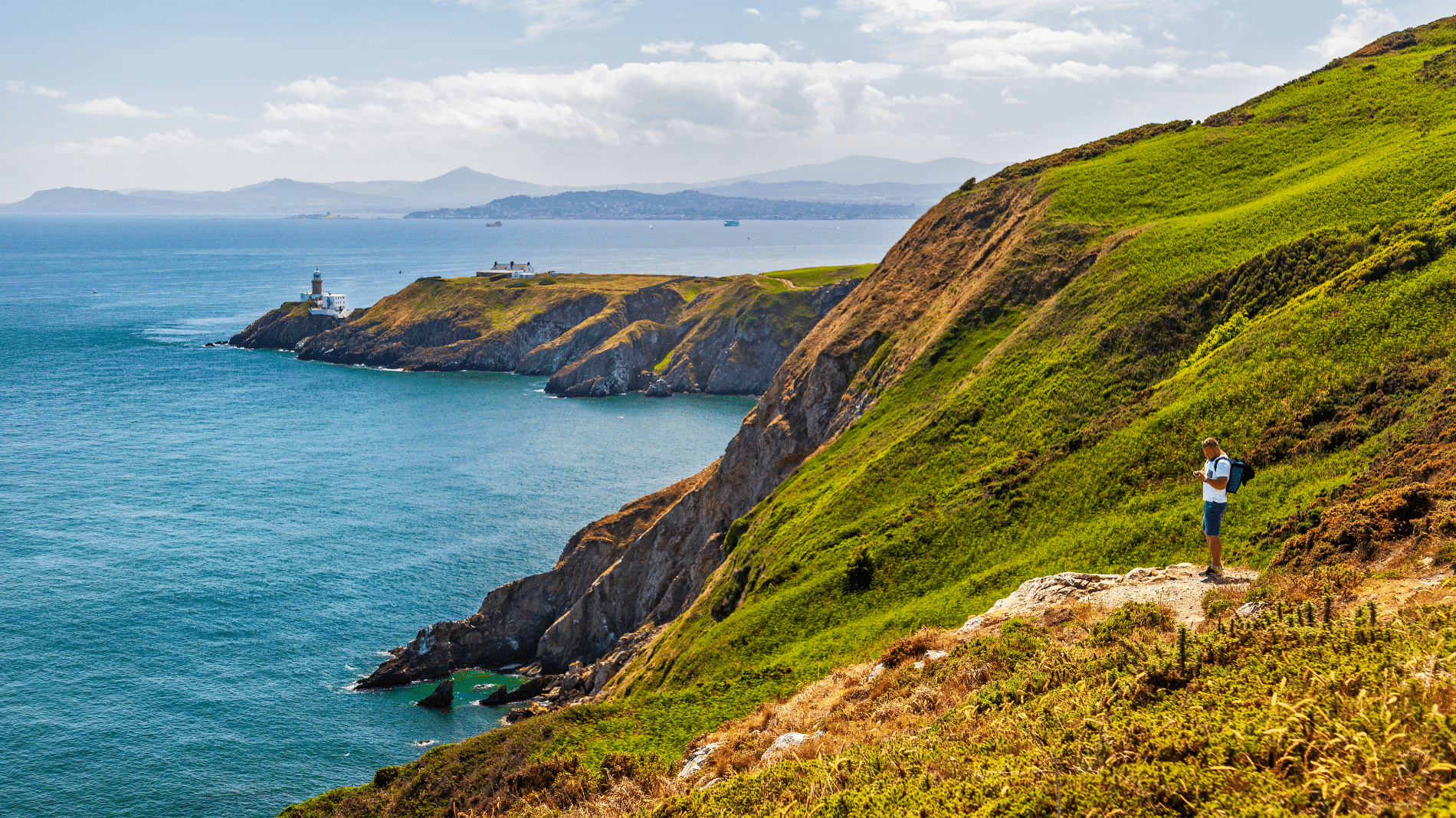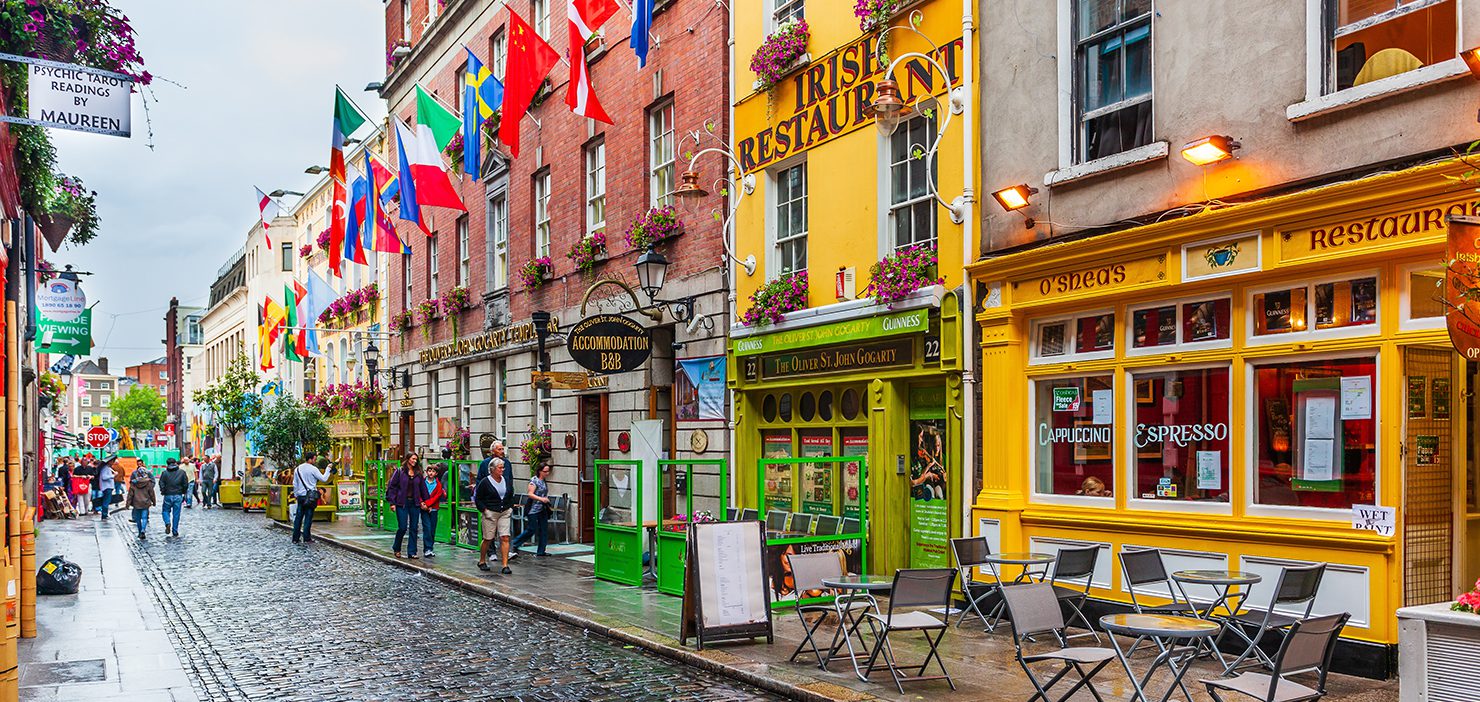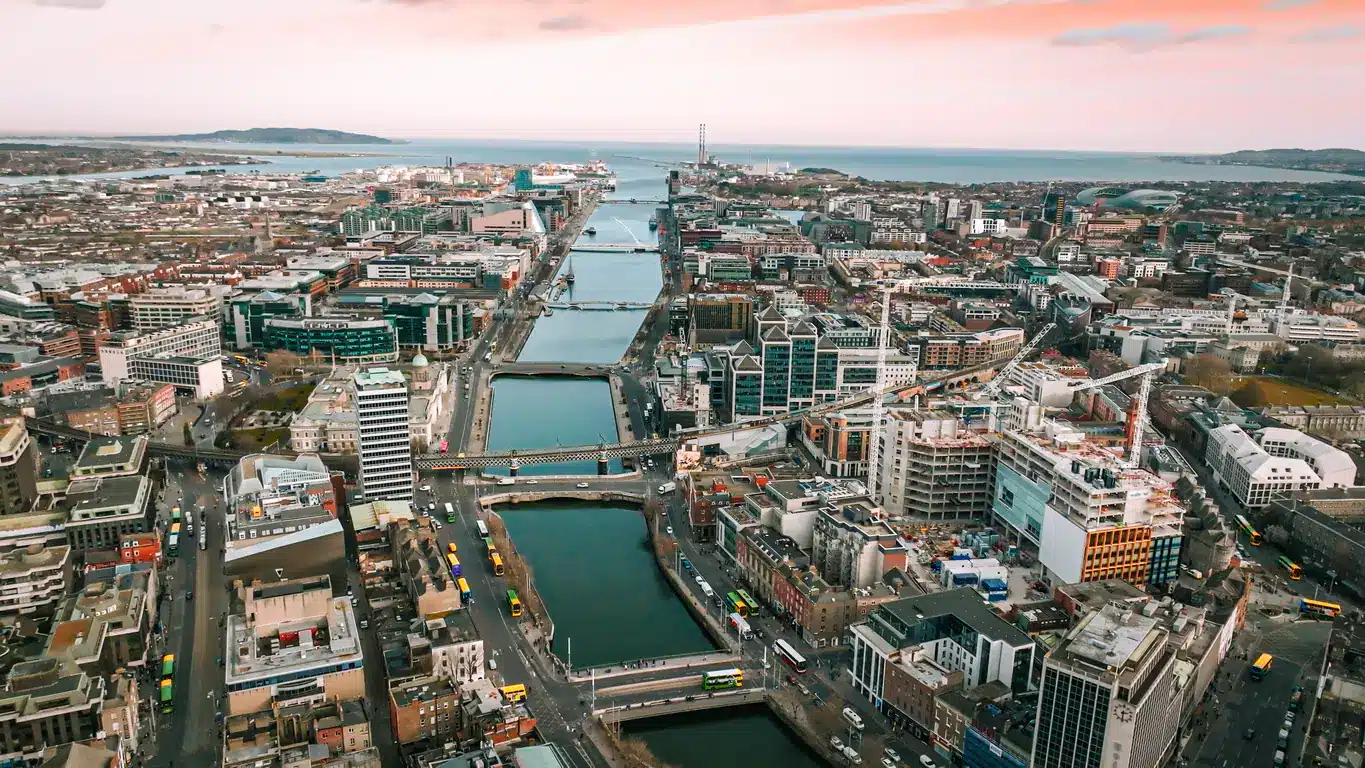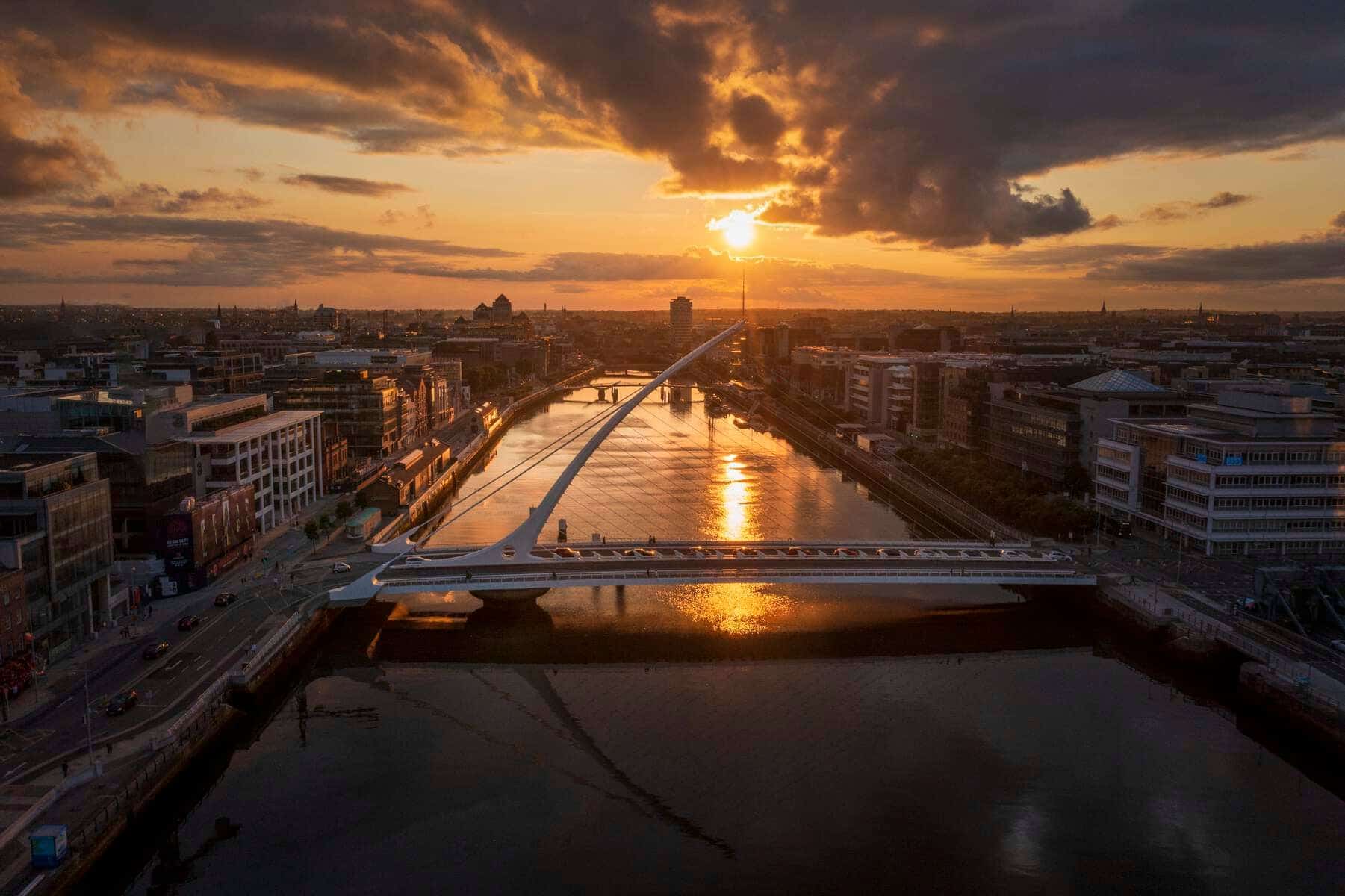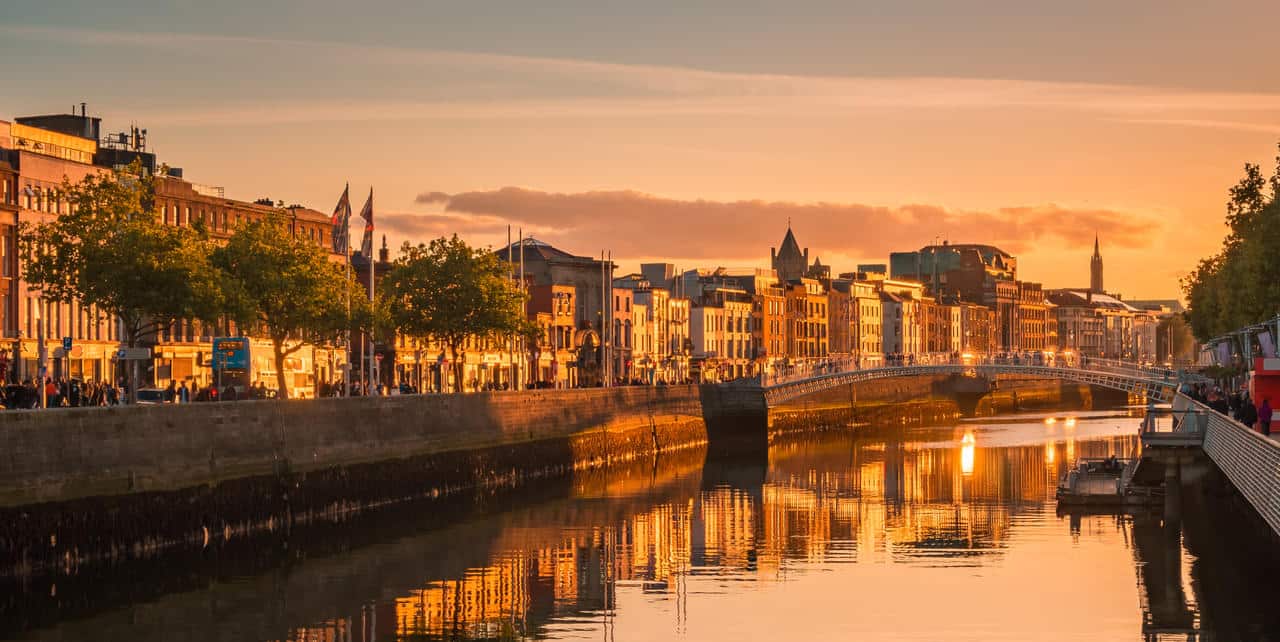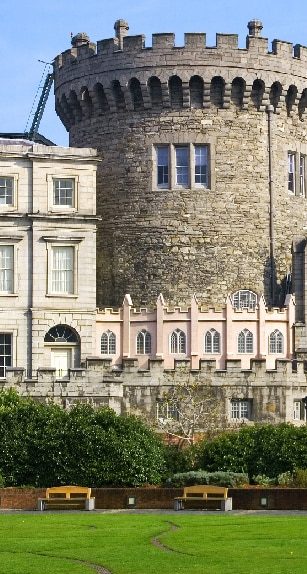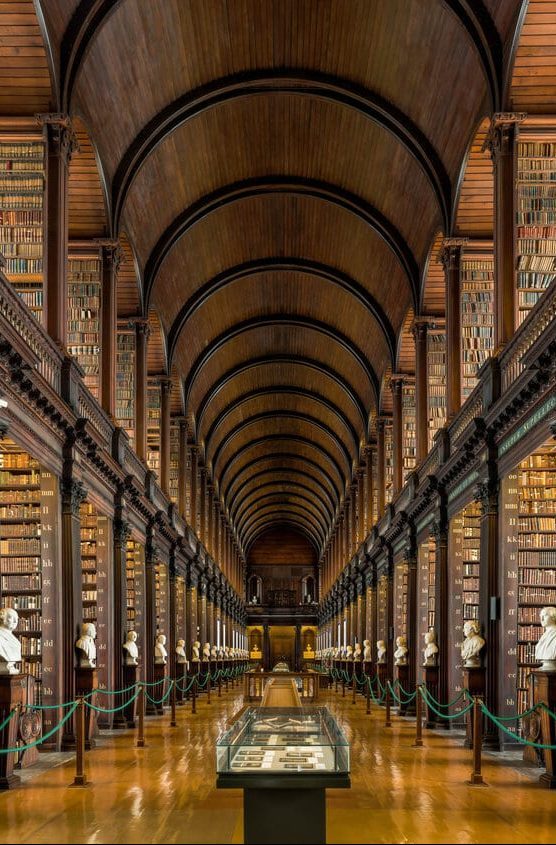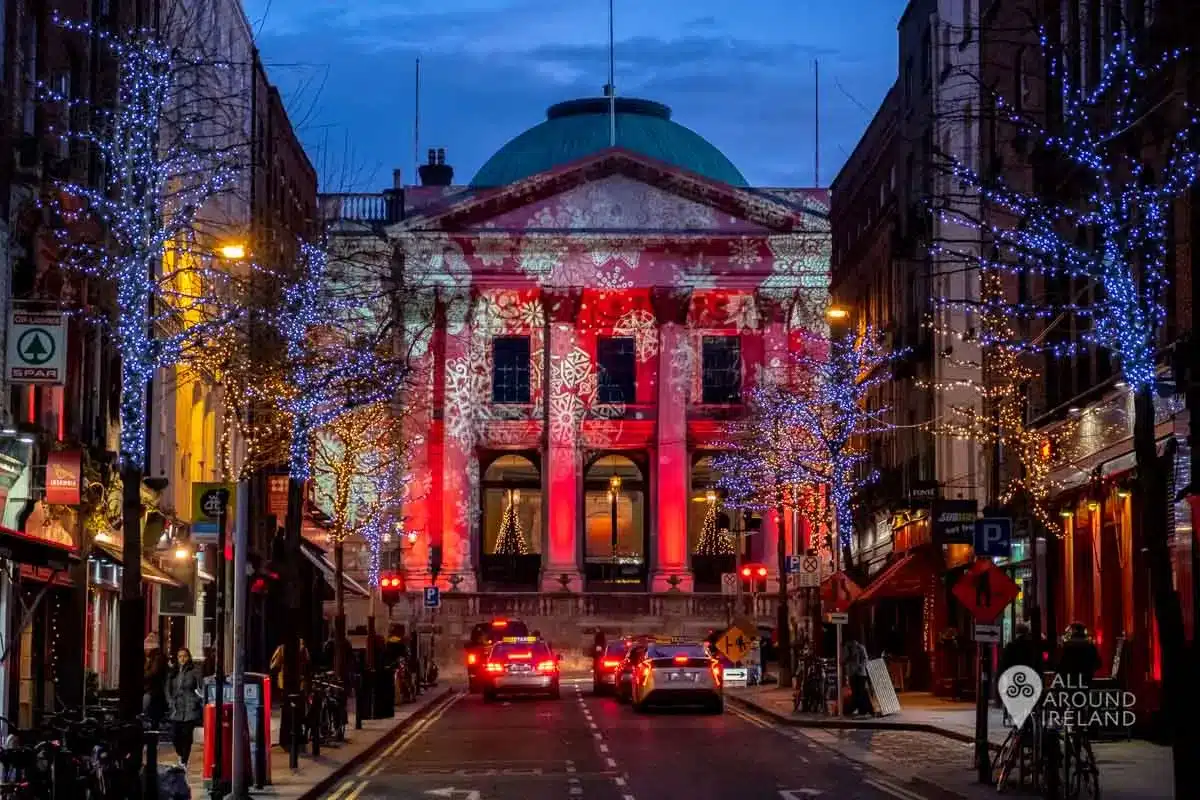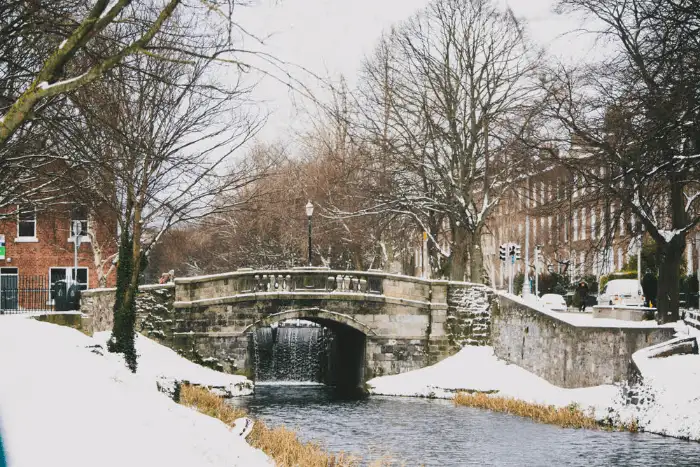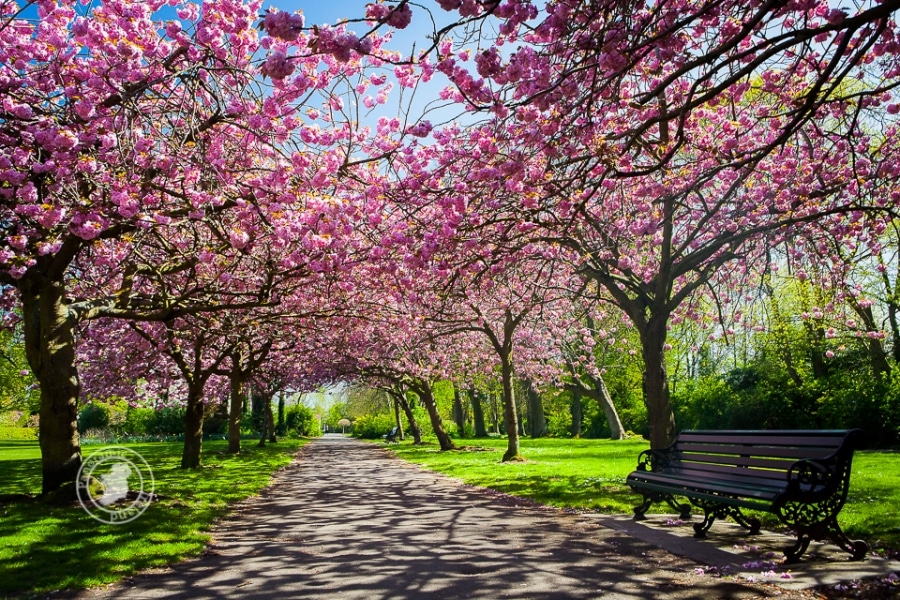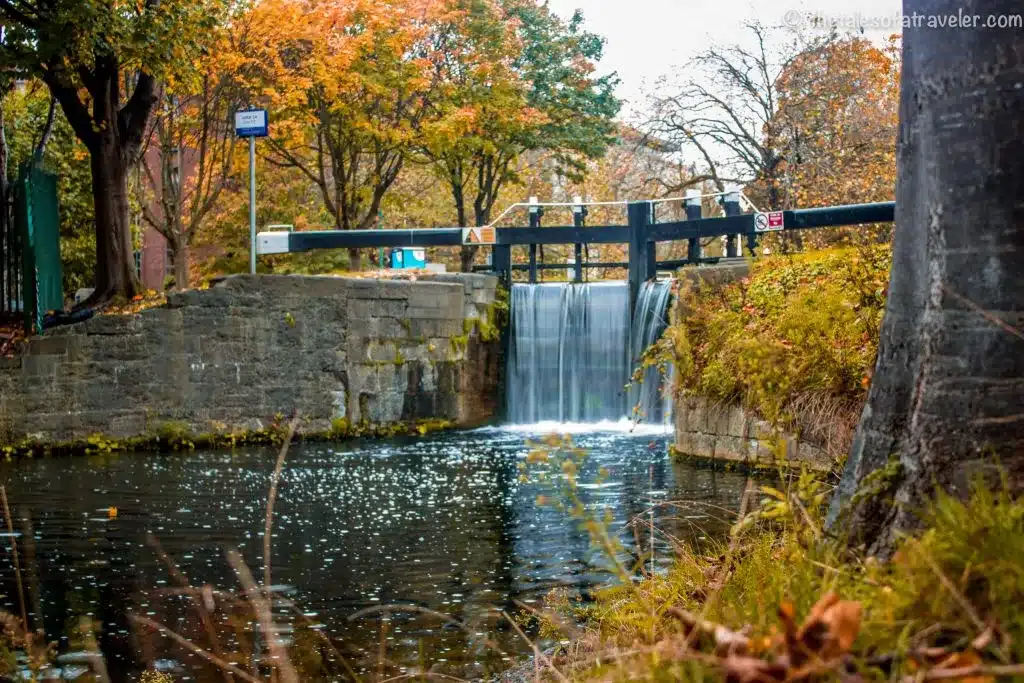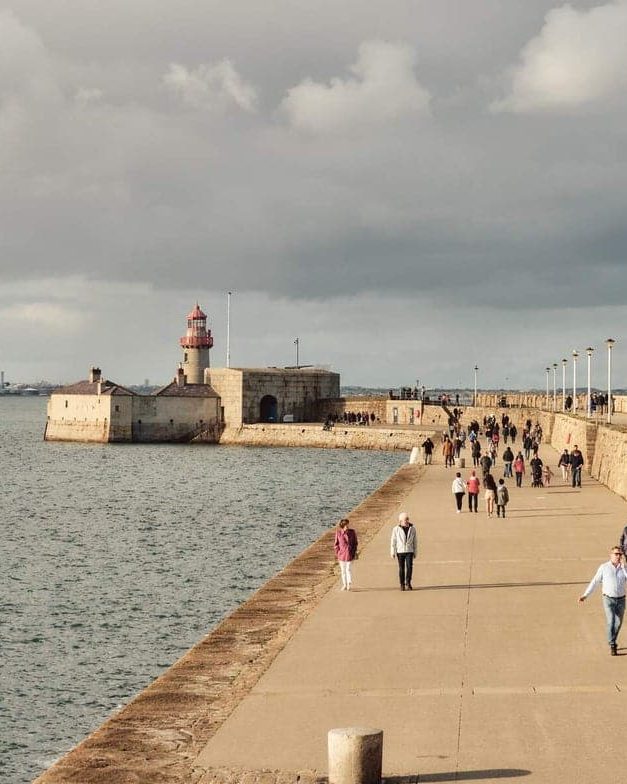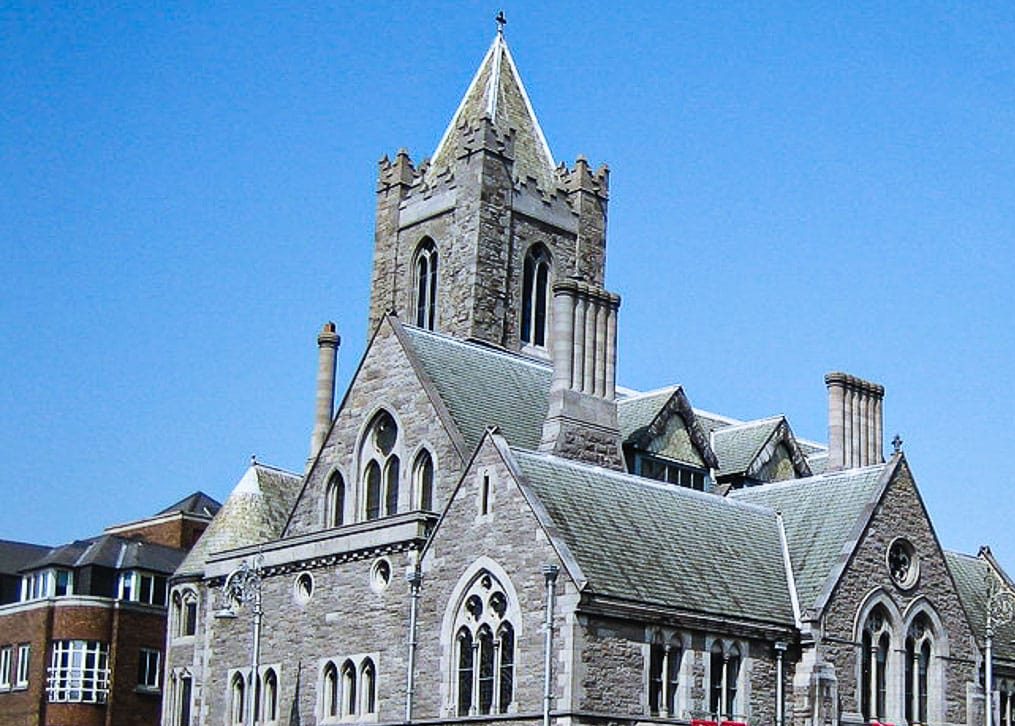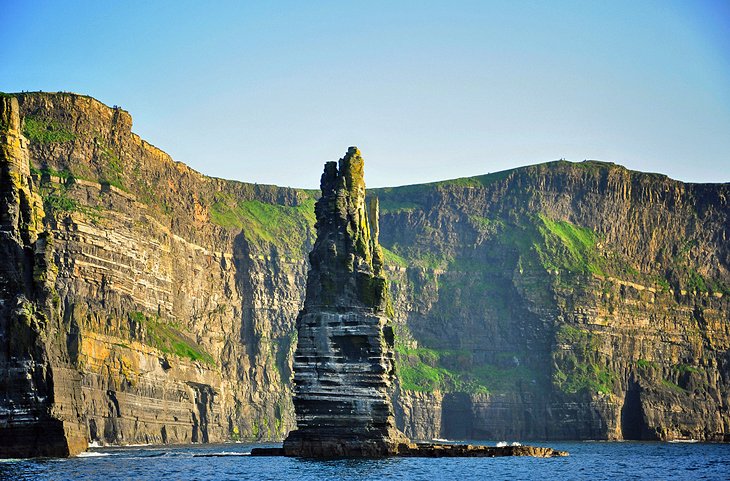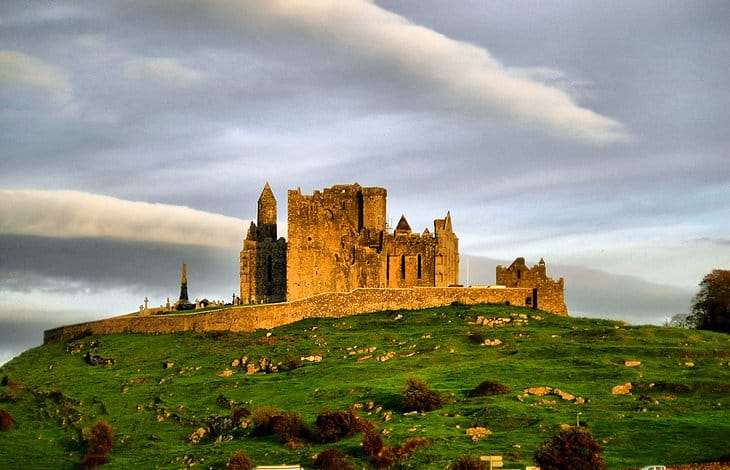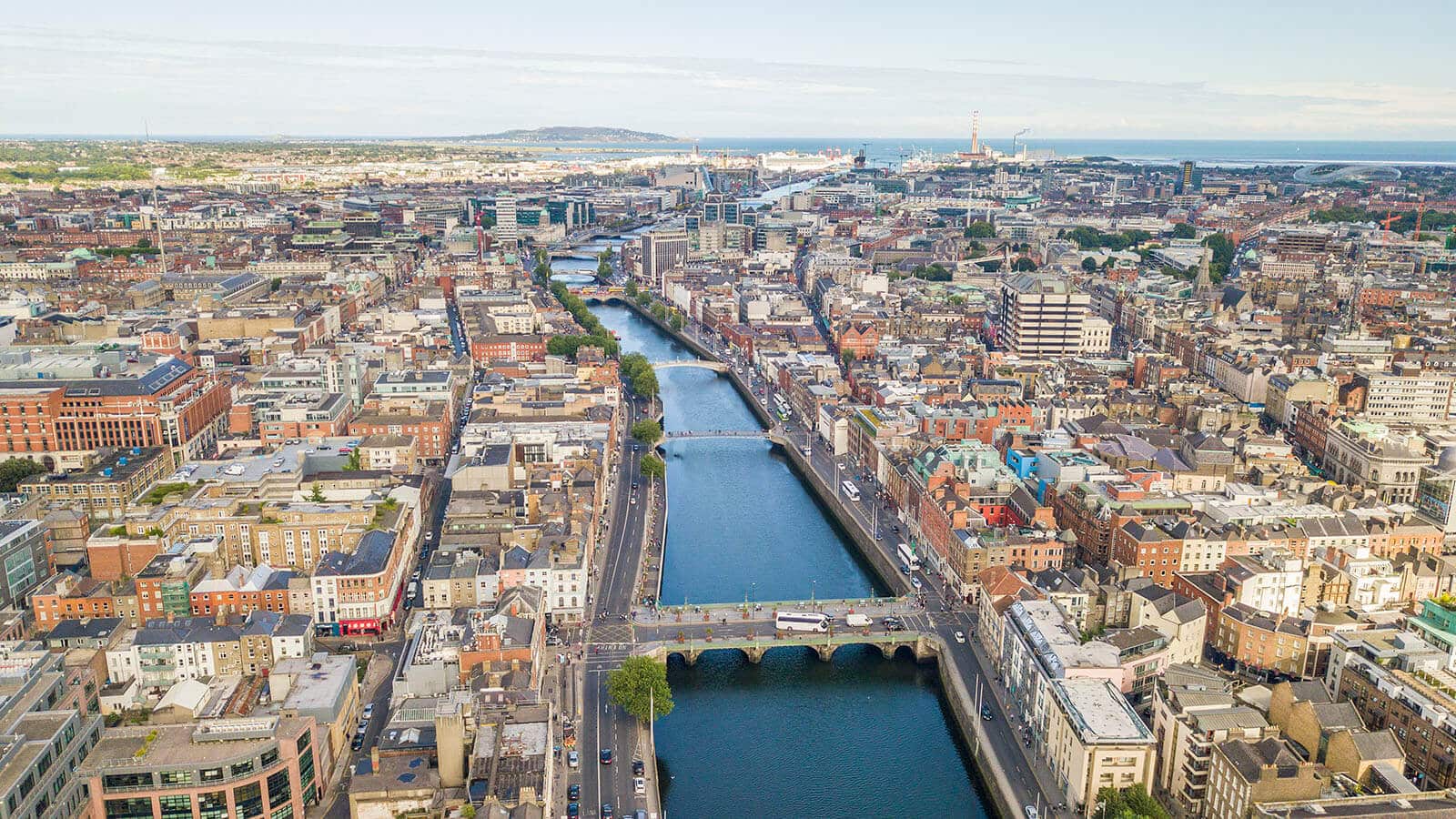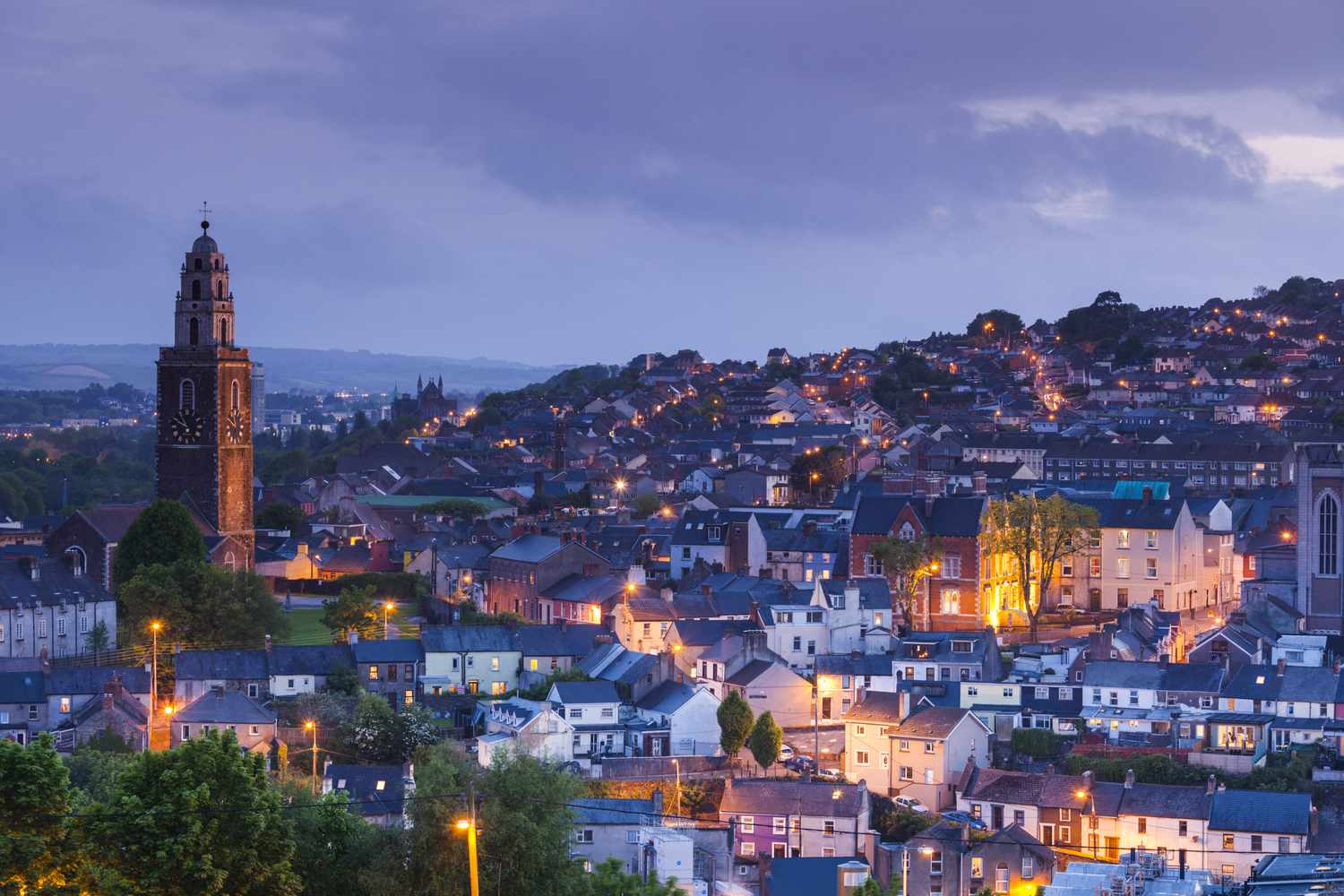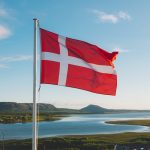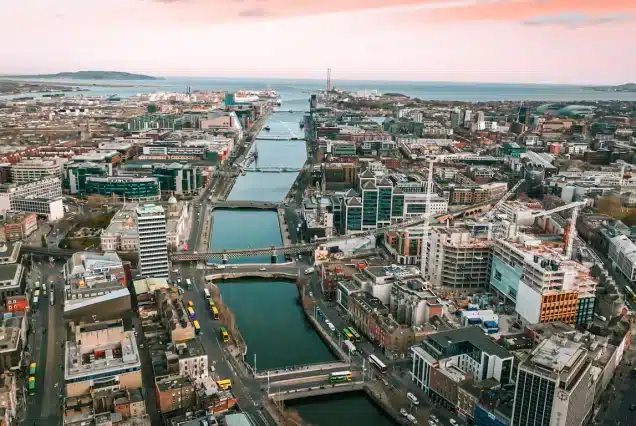

Discover Ireland
Sights
Map
Info
Ireland, known for its breathtaking landscapes, rich history, and vibrant culture, is a destination that offers a warm welcome to travelers from around the world. From the bustling streets of Dublin to the serene beauty of the Wild Atlantic Way, Ireland is a place where ancient traditions and modern life coexist harmoniously. The country’s music, literature, and folklore are world-renowned, making it a haven for those seeking both cultural enrichment and natural beauty. Before embarking on your journey, it’s important to be informed about the country’s travel requirements, transportation options, and cultural norms to make the most of your visit.
Visa and Passport Requirements
Visa Requirement: Citizens of the European Union, the United States, Canada, and many other countries do not need a visa for short stays (up to 90 days) in Ireland.
Passport Validity: Your passport should be valid for at least six months beyond your planned departure date from Ireland.
Visa for Extended Stays: If you plan to stay longer than 90 days, you may need to apply for a visa or residence permit depending on your nationality and the purpose of your stay.
Transportation
Public Transport: Ireland has an extensive public transport network, including buses, trains, and trams (Luas in Dublin), which make it easy to get around cities and between towns.
Car Rentals: Renting a car is a popular option for exploring Ireland’s countryside and smaller villages, but remember that driving is on the left side of the road.
Domestic Flights: For traveling between distant locations such as Dublin and the western counties, domestic flights can save time, especially when visiting remote areas like the Aran Islands.
Accommodation
Hotels: Ireland offers a wide range of hotels, from luxury establishments in major cities to more budget-friendly options in towns and rural areas.
Bed and Breakfasts: Staying in a traditional Irish B&B is a great way to experience local hospitality and enjoy a home-cooked Irish breakfast.
Vacation Rentals: Airbnb and similar platforms provide a variety of options, from city apartments to countryside cottages, offering more flexibility and a homely atmosphere.
Dining
Irish Cuisine: Traditional dishes such as Irish stew, soda bread, and seafood chowder reflect Ireland’s culinary heritage, with a focus on fresh, local ingredients.
Pub Culture: Pubs are central to Irish social life, offering hearty meals, local beers, and a lively atmosphere where you can often enjoy live traditional music.
Farm-to-Table: Ireland has a growing farm-to-table movement, with many restaurants offering dishes made from organic, locally sourced produce.
Cultural Considerations
Respect for Traditions: The Irish take pride in their history and culture, so showing respect for local customs and engaging with the culture, such as listening to traditional music or learning a few Irish phrases, is appreciated.
Tipping Etiquette: Tipping in restaurants is generally around 10-15% if service is not included, and it’s customary to round up the fare for taxi drivers.
Public Behavior: The Irish are generally friendly and open, and politeness is valued. Greeting people with a smile and a “hello” or “how are you?” is common.
Language
Language: English is the primary language spoken in Ireland, making communication easy for most travelers, but you may encounter some Irish (Gaeilge), particularly in the Gaeltacht regions.
Signage: Road signs and public information are typically bilingual, in both English and Irish, with English being more dominant.
Learning Basic Phrases: While English is widely spoken, learning a few basic Irish phrases, such as “Dia dhuit” (Hello) or “Sláinte” (Cheers), can enrich your experience and endear you to the locals.
Technology and Communication
Mobile Connectivity: Ireland has excellent mobile network coverage, and purchasing a local SIM card for data and calls is straightforward and affordable.
Wi-Fi Access: Free Wi-Fi is widely available in hotels, cafes, and public spaces, though speeds may vary, especially in rural areas.
Electrical Outlets: Ireland uses a 230V electrical system with Type G plugs, so travelers from other regions may need an adapter.
Shopping and Payment
Credit Cards: Credit cards are widely accepted throughout Ireland, though it’s advisable to carry some cash for smaller purchases or in rural areas where card payments may not be as common.
Currency: The Euro (EUR) is the official currency, and currency exchange services are available at airports, banks, and exchange bureaus.
Tax-Free Shopping: Non-EU visitors can claim a VAT refund on purchases over a certain amount; be sure to keep your receipts and process the refund at the airport before departure.

